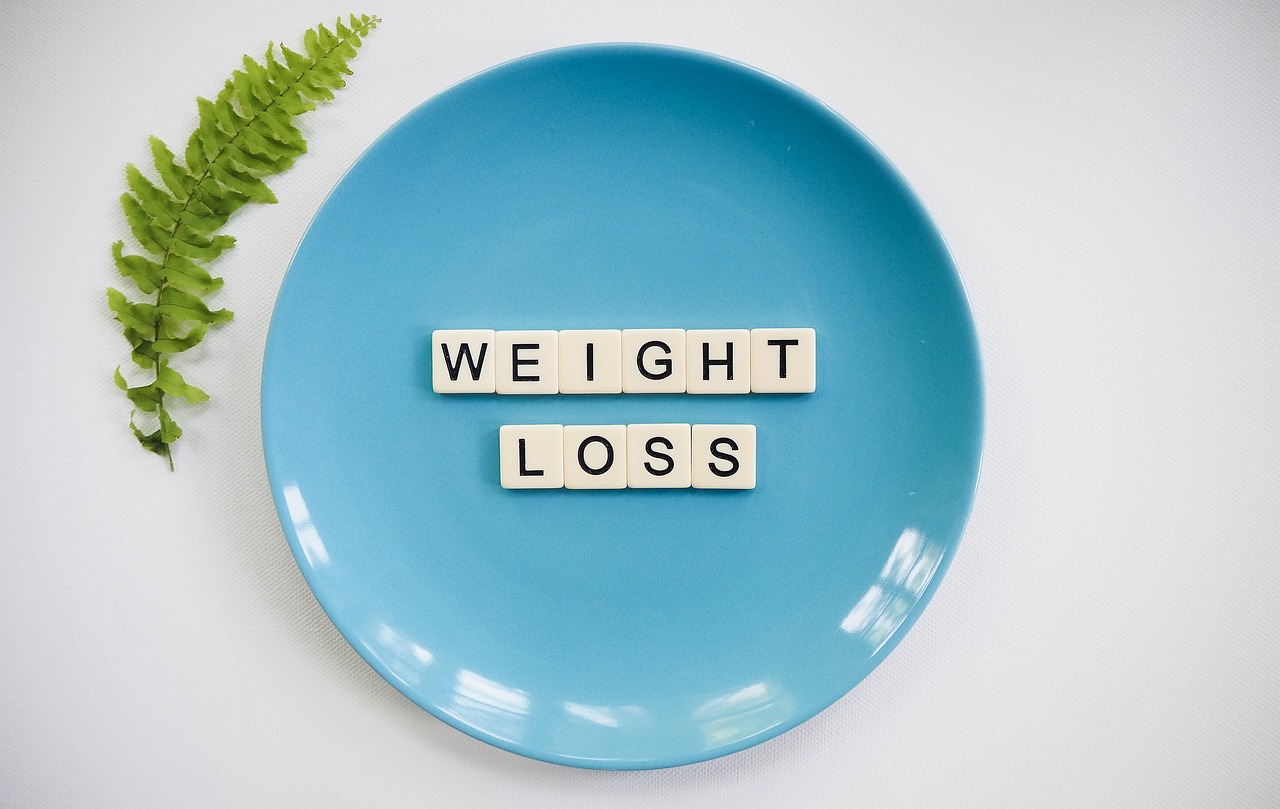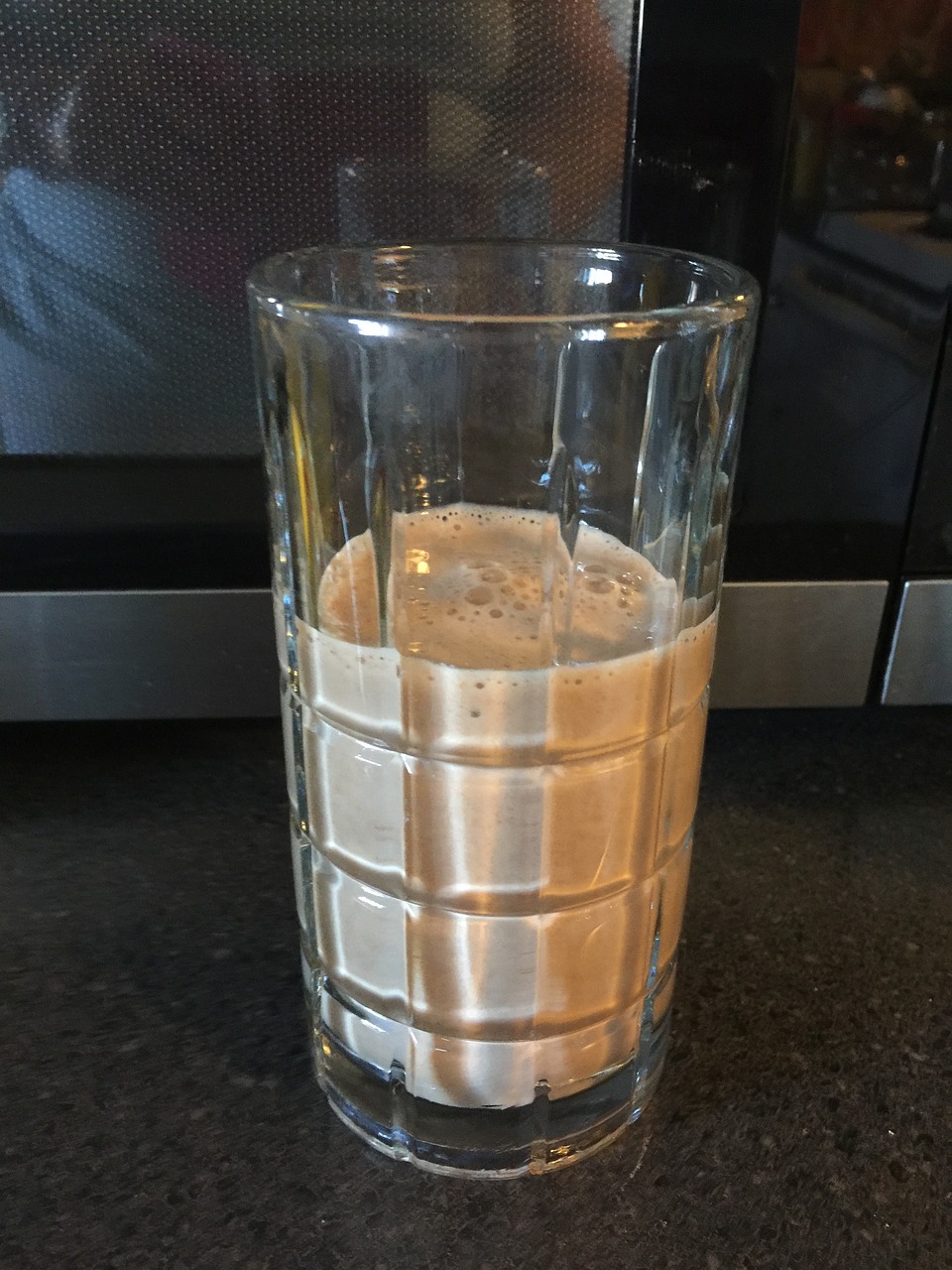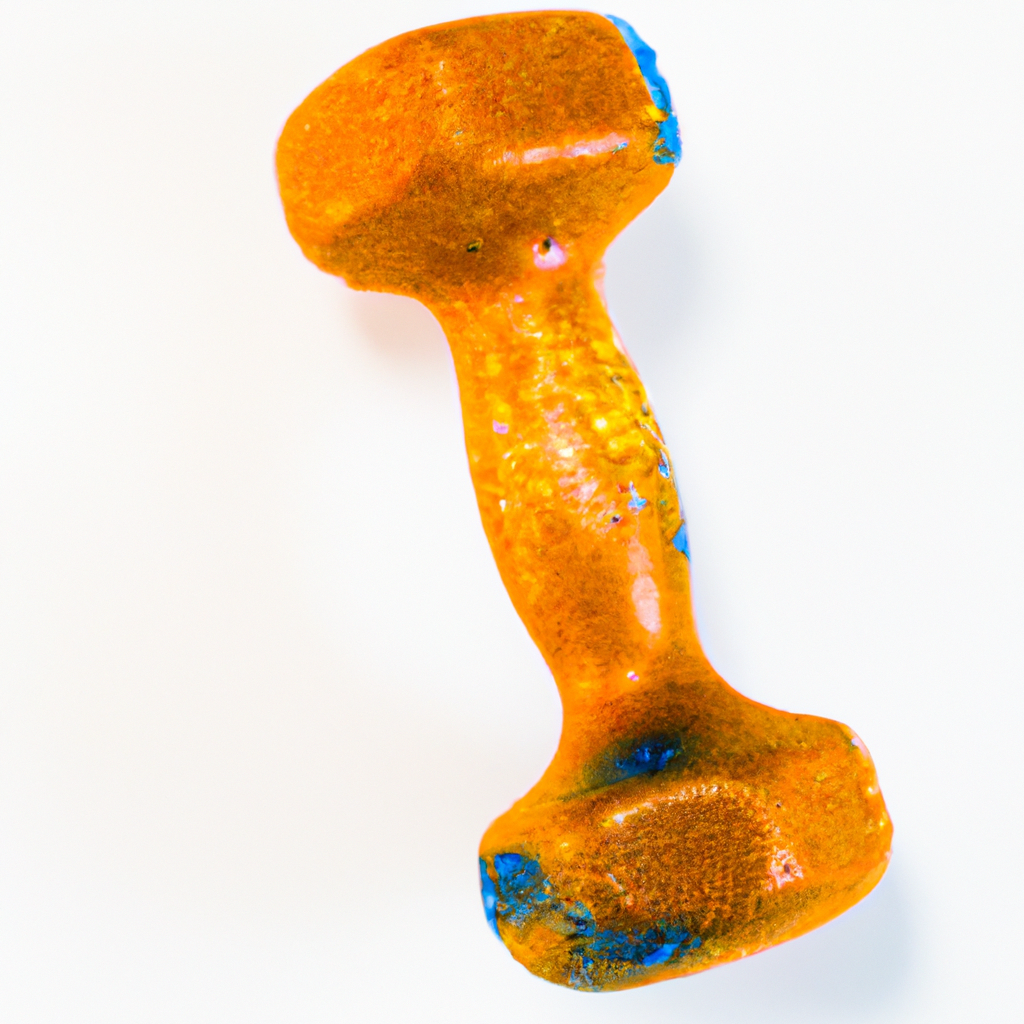Did you ever wonder what sets pre-workout and post-workout supplements apart? In the fitness world, these two types of supplements play a crucial role in maximizing your workout potential and aiding in recovery. Pre-workout supplements are designed to boost energy, enhance focus, and increase endurance before your training session, while post-workout supplements aim to replenish nutrients, promote muscle recovery, and reduce muscle soreness after your workout. Understanding the differences between these two types of supplements can help you make informed decisions about what best suits your fitness goals.

This image is property of pixabay.com.
Understanding Different Types of Workout Supplements
Definition of workout supplements
Workout supplements are specially formulated products that are designed to enhance athletic performance, improve energy levels, and aid in muscle recovery. These supplements typically come in the form of powders, capsules, or liquids, and are taken before or after a workout to provide the body with additional nutrients and support.
Significance of supplementation for fitness
Supplementation plays a crucial role in maximizing the benefits of your workout routine. While a well-balanced diet and regular exercise are essential for overall health and fitness, sometimes our bodies need an extra boost to reach our goals. Workout supplements can provide the added nutrients, energy, and recovery support that we may not be able to obtain solely from our diet.
Purpose of Pre-workout Supplements
Benefits of pre-workout supplements
Pre-workout supplements are specifically designed to be taken before your workout to enhance performance, increase energy levels, and improve focus. These supplements often contain ingredients such as caffeine, beta-alanine, creatine, and nitric oxide boosters, which work together to provide an immediate energy boost, increase endurance, and improve strength.
By taking a pre-workout supplement, you can experience heightened alertness, improved concentration, and increased motivation, allowing you to push through intense workouts and achieve your fitness goals more effectively.
Common ingredients in pre-workout supplements
Pre-workout supplements typically contain a combination of scientifically proven ingredients that work synergistically to enhance athletic performance. Here are some common ingredients you may find in pre-workout supplements:
- Caffeine: A natural stimulant that increases alertness and reduces fatigue.
- Beta-alanine: Helps delay muscle fatigue and improves endurance.
- Creatine: Enhances strength, power, and muscle growth.
- Nitric oxide boosters: Expand blood vessels, improving oxygen and nutrient delivery to muscles.
- B-vitamins: Support energy production and metabolism.
How Pre-workout Supplements Work
Physiological impact of pre-workout supplementation
Pre-workout supplements work by targeting various physiological aspects of the body, including the cardiovascular, muscular, and central nervous systems. The ingredients in pre-workout supplements help increase blood flow, stimulate the production of energy, and delay the onset of muscle fatigue.
For example, caffeine acts as a stimulant by blocking the reception of adenosine, a neurotransmitter that promotes relaxation. This results in increased alertness and reduced fatigue, allowing you to perform at a higher intensity for a prolonged period.
Mental effects of pre-workout supplements
In addition to the physiological impact, pre-workout supplements also have mental effects that can improve your overall performance. By enhancing focus, motivation, and mental clarity, you can maintain a strong mind-muscle connection during your workouts.
Some pre-workout supplements contain ingredients such as tyrosine, which supports the production of neurotransmitters like dopamine, norepinephrine, and epinephrine. These neurotransmitters play a vital role in improving mood, increasing alertness, and reducing perceived exertion, allowing you to train harder and longer.
Side Effects of Pre-workout Supplements
Possible health risks associated with pre-workout supplementation
While pre-workout supplements can offer many benefits, it is essential to be aware of potential side effects and health risks. Some common side effects may include:
- Increased heart rate and blood pressure
- Digestive issues such as upset stomach or diarrhea
- Jitters or anxiety
- Sleep disturbances
- Allergic reactions
- Dehydration
How to minimize side effects
To minimize side effects, it is crucial to follow the recommended dosage guidelines and avoid exceeding the recommended daily intake. It is also advisable to start with a lower dosage and gradually increase it to assess your tolerance.
Additionally, staying adequately hydrated, consuming pre-workout supplements on a full stomach, and avoiding mixing them with other stimulants or medications can also help mitigate the risk of side effects. It is always wise to consult with a healthcare professional before incorporating any new supplements into your fitness regimen.

This image is property of pixabay.com.
Purpose of Post-workout Supplements
Benefits of post-workout supplements
Post-workout supplements are specifically formulated to aid in muscle recovery and replenish nutrient stores after intense physical activity. These supplements often contain ingredients such as protein, carbohydrates, amino acids, and antioxidants, which work together to repair muscles, reduce muscle soreness, and promote overall recovery.
By taking a post-workout supplement, you can accelerate muscle repair, enhance muscle growth, refuel energy stores, and reduce the risk of muscle breakdown. These benefits translate into quicker recovery times and improved performance in subsequent workouts.
Common ingredients in post-workout supplements
Post-workout supplements typically contain a combination of ingredients designed to facilitate recovery and replenish the body’s depleted resources. Here are some common ingredients you may find in post-workout supplements:
- Protein: Helps repair and rebuild muscle tissue.
- Carbohydrates: Restore glycogen stores and replenish energy levels.
- Branched-chain amino acids (BCAAs): Support muscle growth, decrease muscle soreness, and aid in recovery.
- Glutamine: Enhances muscle recovery and immune function.
- Antioxidants: Counteract oxidative stress and reduce muscle damage.
How Post-Workout Supplements Work
Role of post-workout supplementation in recovery
Post-workout supplements play a crucial role in the recovery process by providing the body with the necessary nutrients to repair and rebuild muscles. After an intense workout, your muscles undergo micro-tears, and the body enters a state known as the “anabolic window,” where it is most receptive to nutrient uptake.
By consuming a post-workout supplement during this window, you can facilitate muscle protein synthesis, which is the process of building new muscle tissue. Additionally, the carbohydrates in post-workout supplements replenish glycogen stores, while amino acids help reduce muscle breakdown and support overall recovery.
Nutritional benefits of post-workout supplements
Post-workout supplements offer a convenient and efficient way to consume the necessary nutrients your body needs after a workout. The combination of protein and carbohydrates promotes muscle repair and glycogen replenishment, respectively.
Protein is crucial for repairing and rebuilding muscle tissue, while carbohydrates provide the energy needed to fuel recovery. When these nutrients are consumed promptly after a workout, the body can maximize their utilization, leading to improved muscle adaptation and enhanced recovery.

This image is property of pixabay.com.
Side Effects of Post-Workout Supplements
Potential health concerns related to post-workout supplementation
Post-workout supplements, when used correctly, are generally safe and well-tolerated. However, it is essential to be aware of potential side effects, especially if you have any underlying health conditions or allergies.
Some potential side effects may include:
- Digestive discomfort, such as bloating or gas
- Allergic reactions to ingredients like lactose or soy
- Interference with certain medications or medical conditions
- Excessive calorie intake leading to weight gain
How to manage these side effects
To minimize the risk of side effects, it is crucial to choose post-workout supplements that are compatible with your dietary restrictions, allergies, and health conditions. Reading the ingredient list carefully and opting for clean, high-quality supplements can help mitigate the potential for adverse reactions.
Additionally, it is essential to follow the recommended serving size and avoid consuming excessive amounts of post-workout supplements, as they can contribute to an excessive calorie intake. Consulting with a healthcare professional before incorporating post-workout supplements into your routine is always recommended.
Comparing Pre-workout and Post-workout Supplements
Differences in purpose and function
While both pre-workout and post-workout supplements aim to enhance fitness performance and aid in recovery, their purpose and function differ significantly.
Pre-workout supplements are designed to provide an immediate energy boost, improve endurance, and enhance focus and motivation before a workout. They contain ingredients that increase energy levels, stimulate alertness, and delay muscle fatigue. The primary goal of pre-workout supplements is to optimize performance during training sessions.
On the other hand, post-workout supplements focus on replenishing nutrient stores, supporting muscle recovery, and promoting muscle growth. They typically contain ingredients that aid in muscle repair, replenish glycogen levels, and provide essential nutrients for recovery. The primary goal of post-workout supplements is to enhance recovery, reduce muscle soreness, and prepare the body for the next workout.
Comparative analysis of common ingredients
Although pre-workout and post-workout supplements may contain some overlapping ingredients, their composition and dosage often differ to cater to their specific goals.
For instance, pre-workout supplements commonly contain caffeine to provide an immediate energy boost. In contrast, post-workout supplements may contain a mix of protein and carbohydrates to facilitate muscle repair and glycogen replenishment.
While some ingredients, such as amino acids and B-vitamins, can be found in both types of supplements, their concentrations are adjusted to align with the unique needs of pre- and post-workout supplementation.

Choosing the Right Workout Supplement
Factors to consider when selecting pre- or post-workout supplements
When choosing the right workout supplement, it is essential to consider several factors that align with your individual needs and fitness goals:
-
Fitness goals: Identify whether your primary focus is on improving performance, increasing endurance, building muscle, or enhancing recovery.
-
Ingredient preferences: Pay attention to the ingredient list and select supplements free from any allergens or substances you wish to avoid.
-
Personal tolerance: Consider your tolerance to specific ingredients, such as caffeine, and choose a supplement that aligns with your comfort level.
-
Lifestyle and schedule: Consider the timing and convenience of supplement consumption, as well as any potential conflicts with other activities or medications.
-
Budget: Evaluate the cost-effectiveness of different supplements and choose a product that fits within your budget while still meeting your needs.
Understanding your fitness goals and nutritional needs
To select the most suitable workout supplement, it is crucial to align your choice with your specific fitness goals and nutritional needs. If your main objective is to improve athletic performance, focus your attention on pre-workout supplements that provide energy, enhance endurance, and increase focus.
Alternatively, if muscle recovery and growth are your primary concerns, post-workout supplements containing the appropriate balance of protein, carbohydrates, and recovery-enhancing ingredients should be your focus.
It is vital to remember that workout supplements are not a substitute for a well-rounded diet and regular exercise. They should complement your existing healthy lifestyle practices rather than replace them.
The Role Of Diet And Lifestyle In Supplementation
Importance of a balanced diet and regular exercise
While workout supplements can provide valuable nutritional support, they should not be regarded as a replacement for a balanced diet and regular exercise. A healthy and varied diet composed of whole foods, including lean proteins, fruits, vegetables, and complex carbohydrates, should be the foundation of your nutritional intake.
Furthermore, regular exercise plays a vital role in maximizing the benefits of supplementation. Consistent physical activity not only helps build strength and endurance but also increases nutrient absorption and utilization, making your body more receptive to the nutrients provided by supplements.
How lifestyle factors can influence the effectiveness of workout supplements
Beyond diet and exercise, various lifestyle factors can impact the effectiveness of workout supplements. Factors such as stress, sleep quality, hydration levels, and overall health can influence nutrient absorption, metabolism, and the body’s response to supplementation.
Maintaining a healthy lifestyle that includes managing stress, getting adequate sleep, staying properly hydrated, and addressing any underlying health concerns can optimize the effectiveness of workout supplements. It is important to consider these factors and aim for a holistic approach to your fitness journey.
In conclusion, understanding the different types of workout supplements, their purposes, and their mechanisms of action can help you make informed decisions about incorporating them into your fitness routine. Whether you choose pre-workout or post-workout supplements, it is essential to consider your individual needs, fitness goals, and lifestyle factors to maximize the benefits while minimizing potential side effects. Remember, workout supplements are meant to complement a balanced diet and regular exercise, not replace them. Always consult with a healthcare professional before starting any new supplement regimen to ensure it aligns with your overall health and well-being.




